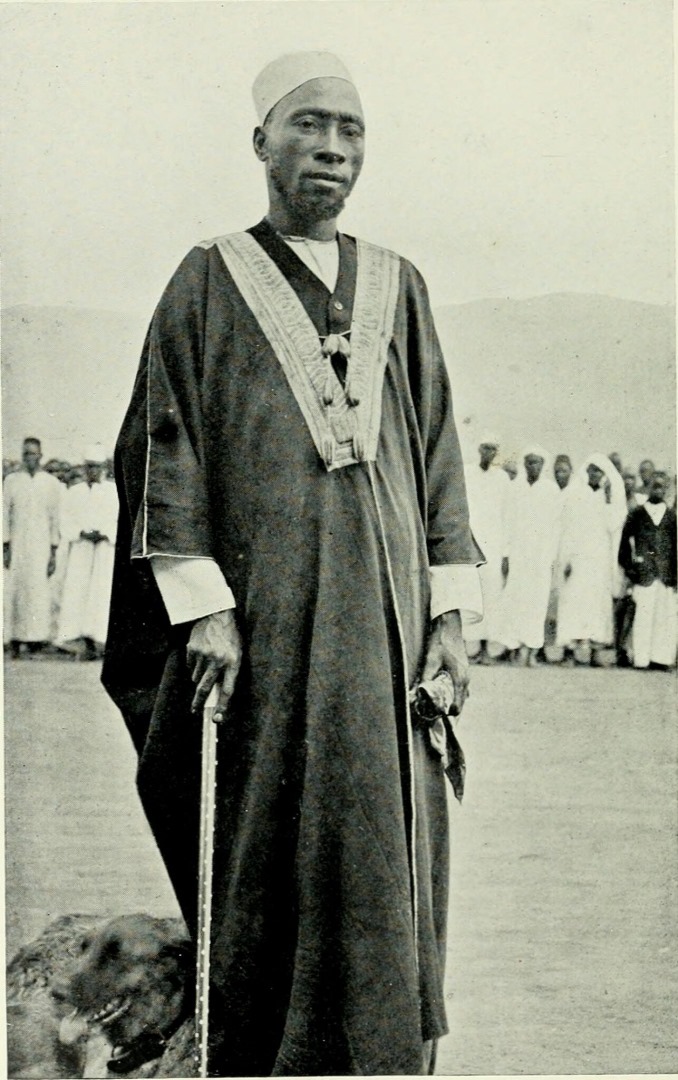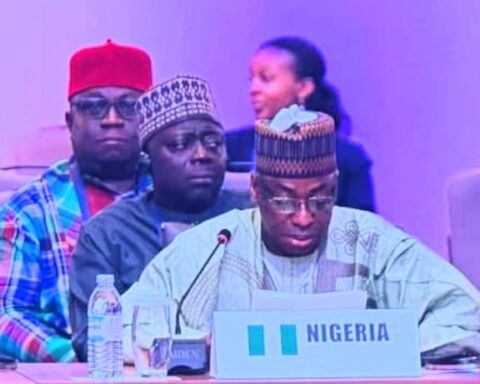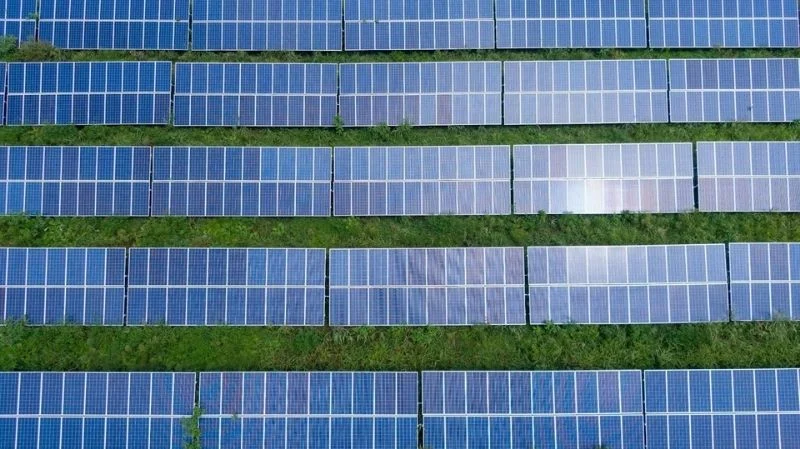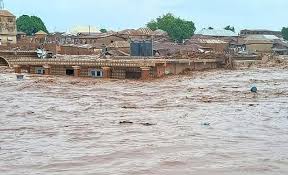In the heart of Mbale City, eastern Uganda, stands a lesser-known but profoundly significant testament to African environmental stewardship: the Semei Kakungulu Museum.
Far beyond being a repository of colonial resistance history, the museum is fast emerging as a vital hub for environmental education, conservation, and sustainable development.
But who was Semei Kakungulu, and why does his legacy matter now more than ever?
A Visionary of Indigenous Reforestation
In the late 18th and early 19th centuries, long before climate change became a mainstream global concern, Kakungulu spearheaded one of East Africa’s most ambitious tree-planting projects.
He was not just a military strategist and political leader; he was also a visionary environmentalist.
Kakungulu led a movement that resulted in the planting of over 10 million indigenous trees notably Muvule and Mahogany, alongside fruit-bearing varieties across eastern and northern Uganda.
He introduced Avenue Tree Planting, a system that beautified road networks while reinforcing ecological balance in fast-urbanising spaces.
In doing so, he not only shaped the physical landscape but instilled a culture of tree conservation and community involvement in environmental management.
Tragically, the ecological vision of Kakungulu is now under severe threat. Due to rampant logging and commercial exploitation, many of the trees he once planted have been cut down some to the brink of extinction. Today, Muvule and Mahogany trees, once abundant in Uganda’s ecosystem, are critically endangered.
Environmental advocates, scholars, and conservationists are calling for urgent action, including the listing of these species under the International Union for Conservation of Nature (IUCN) Red List.
Such recognition would not only raise international awareness but also provide legal backing for protective measures.
A Museum With A Mission
The Semei Kakungulu Museum is now at the forefront of efforts to revive the ecologist’s forgotten legacy. Situated in Mbale City, the museum offers guided tours that dive deep into the intersection of history and ecology. Visitors learn not only about Kakungulu’s political journey but also his profound relationship with the land.
Through curated exhibitions and field research, the museum interrogates how human activities both past and present have shaped Uganda’s environment and what lessons can be drawn for the future.
It serves as a learning centre for students, conservationists, and policy-makers, exploring the role of indigenous knowledge in ecosystem restoration.
Learning From The Past, Acting For The Future
The lessons from Kakungulu’s environmental initiatives could not be more timely. Africa today faces increasing deforestation, biodiversity loss, and the impacts of climate change.
In Uganda, illegal logging and weak enforcement of environmental laws have compounded the crisis.
But Kakungulu’s example provides hope a reminder that sustainable environmental action is not new to Africa, and that local, community-driven models can be powerful tools for conservation.
The museum invites all Africans, particularly the youth, to reconnect with this history not as a nostalgic exercise, but as a practical roadmap for building a greener, more resilient future.
As global climate negotiations continue to seek just transitions for the Global South, the legacy of African ecologists like Semei Kakungulu must not be overlooked.
Their work represents homegrown solutions that align with both cultural heritage and ecological sustainability.
Visit and Reflect
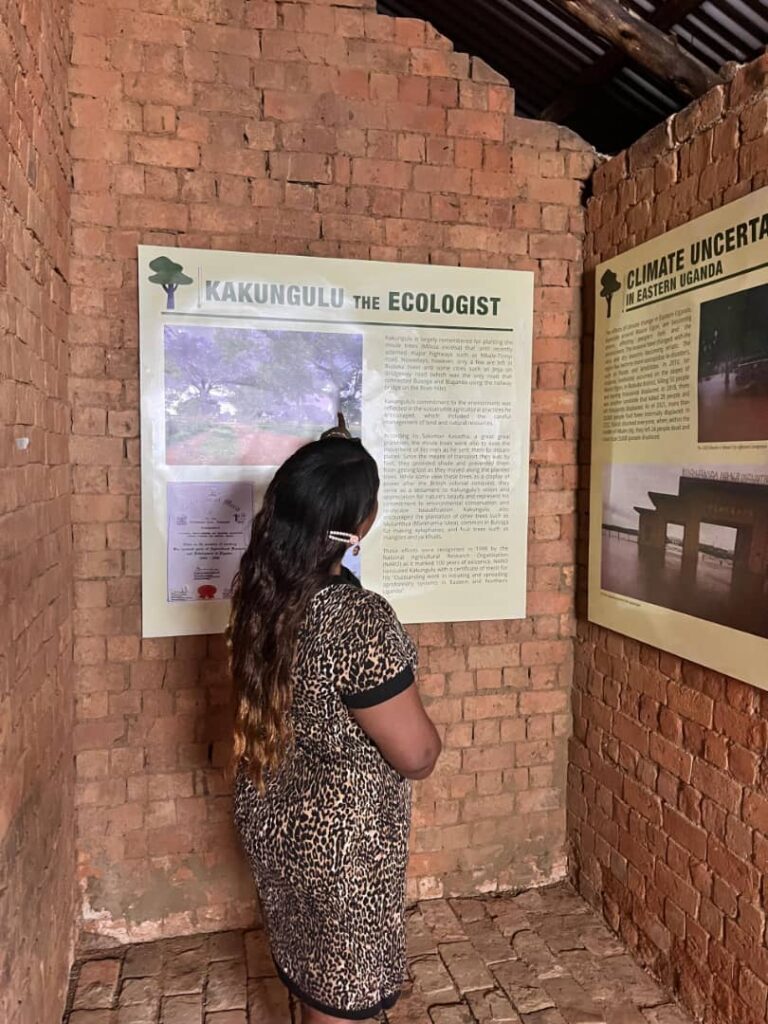
A visit to the Semei Kakungulu Museum is more than a walk through history it is a call to action.
It challenges us to preserve what remains of Uganda’s natural heritage and to confront the environmental decisions of the past with informed urgency.
In commemorating Kakungulu not just as a political figure but as an ecologist, we honour a legacy rooted in resilience, foresight, and love for the land.
The trees may have been cut, but the roots of Kakungulu’s vision run deep.
Racheal Kakungulu Kirama is an Environmental Historian and curator at the Semei Kakungulu Museum, Mbale City, Uganda.


